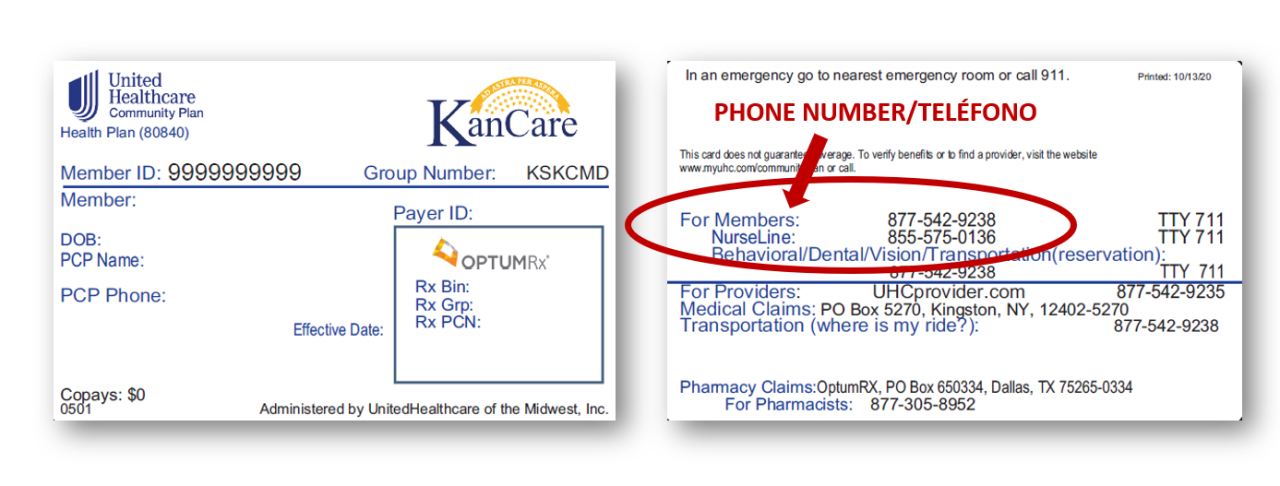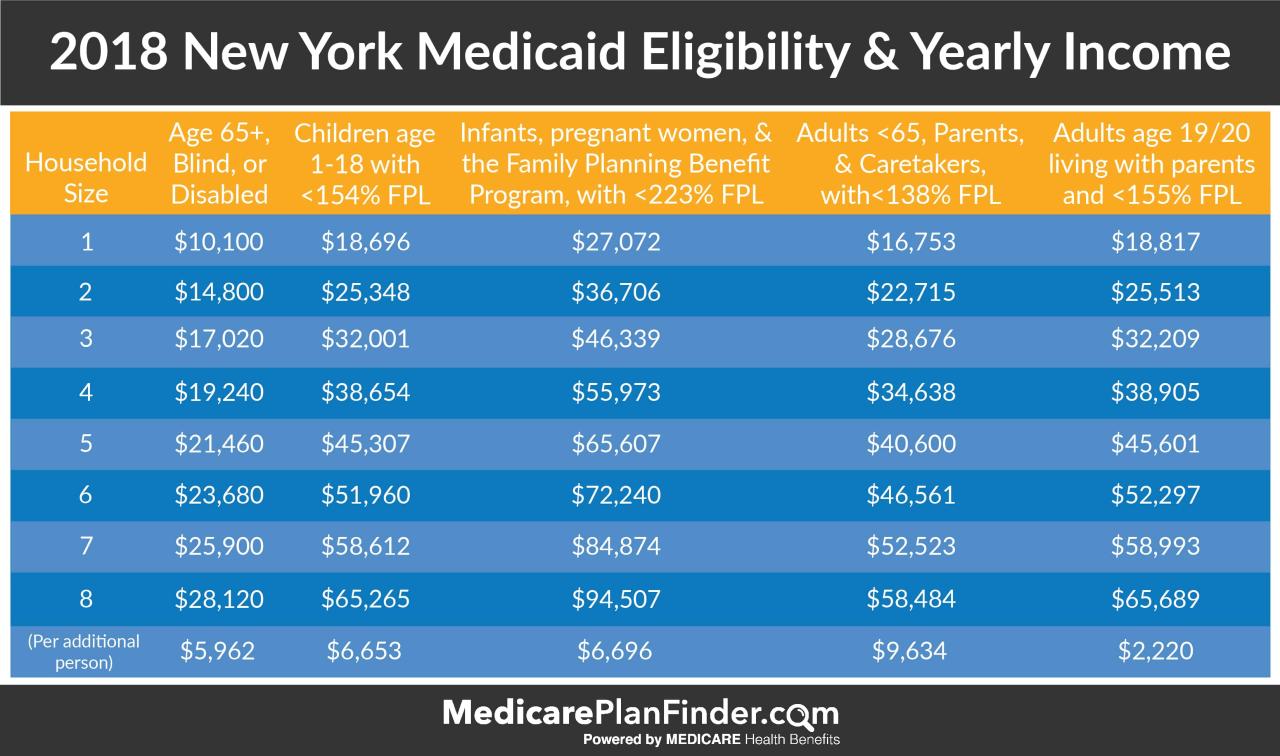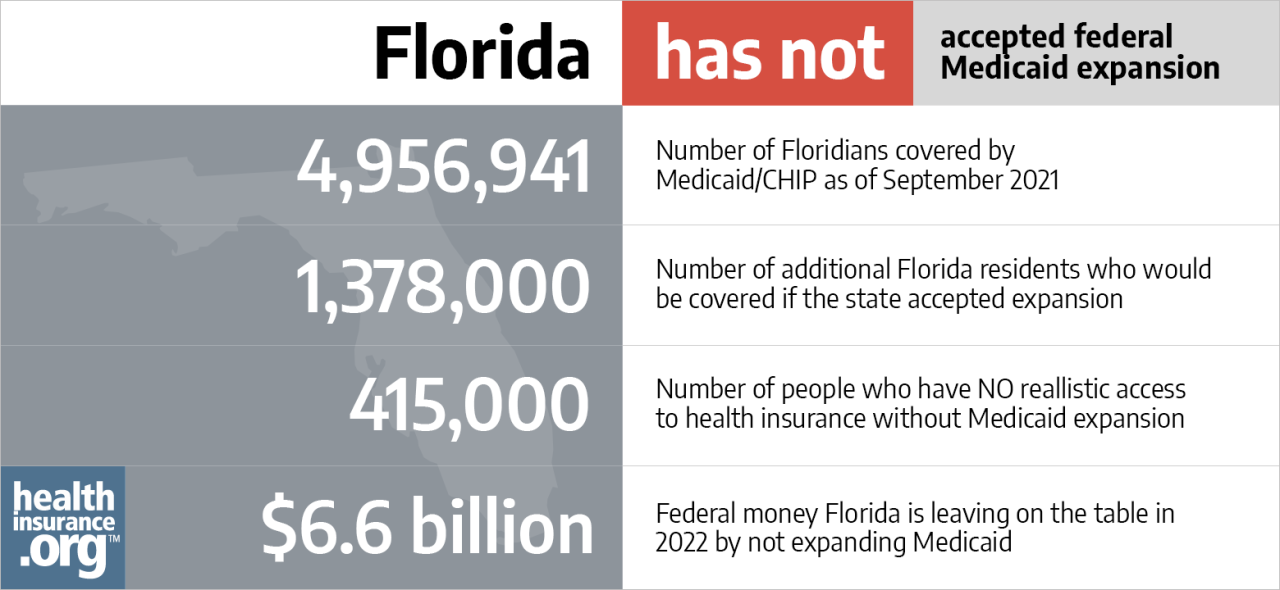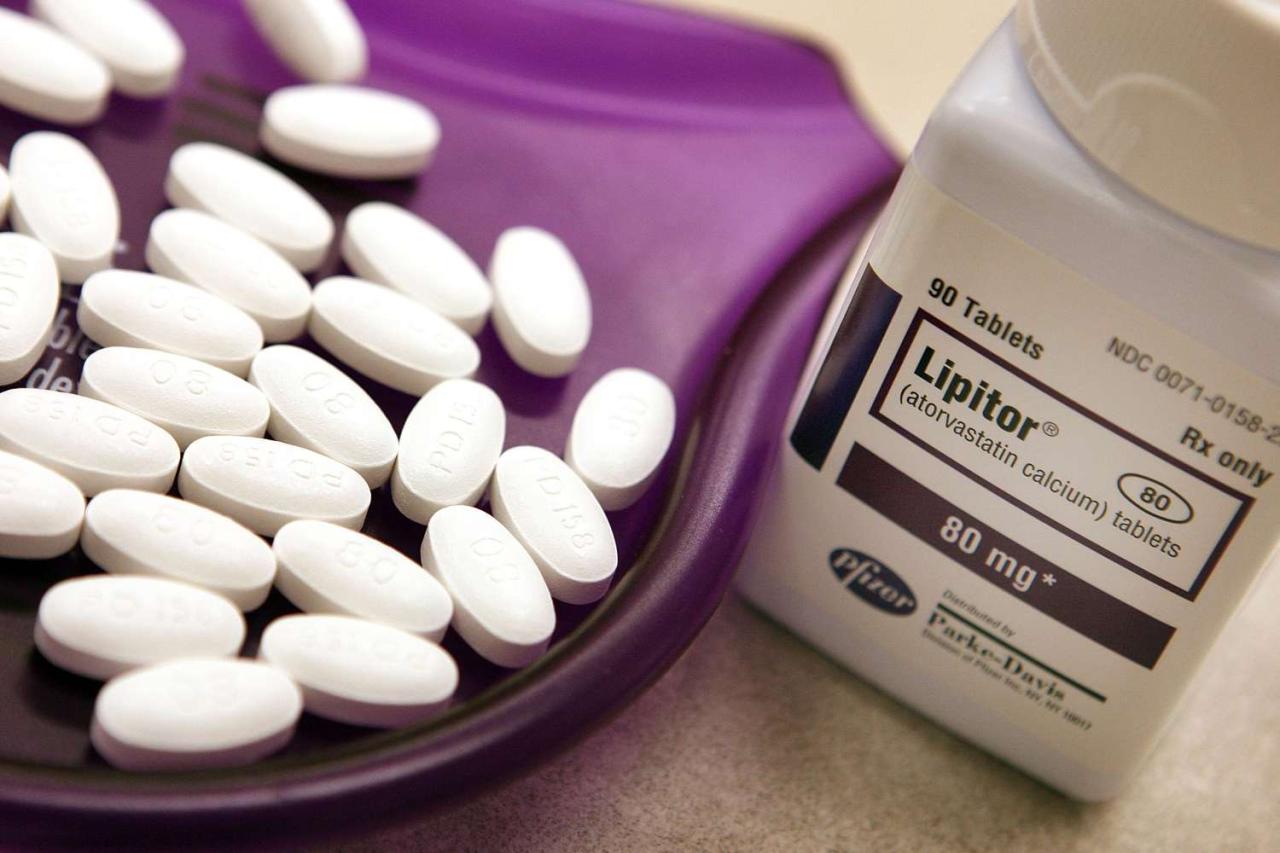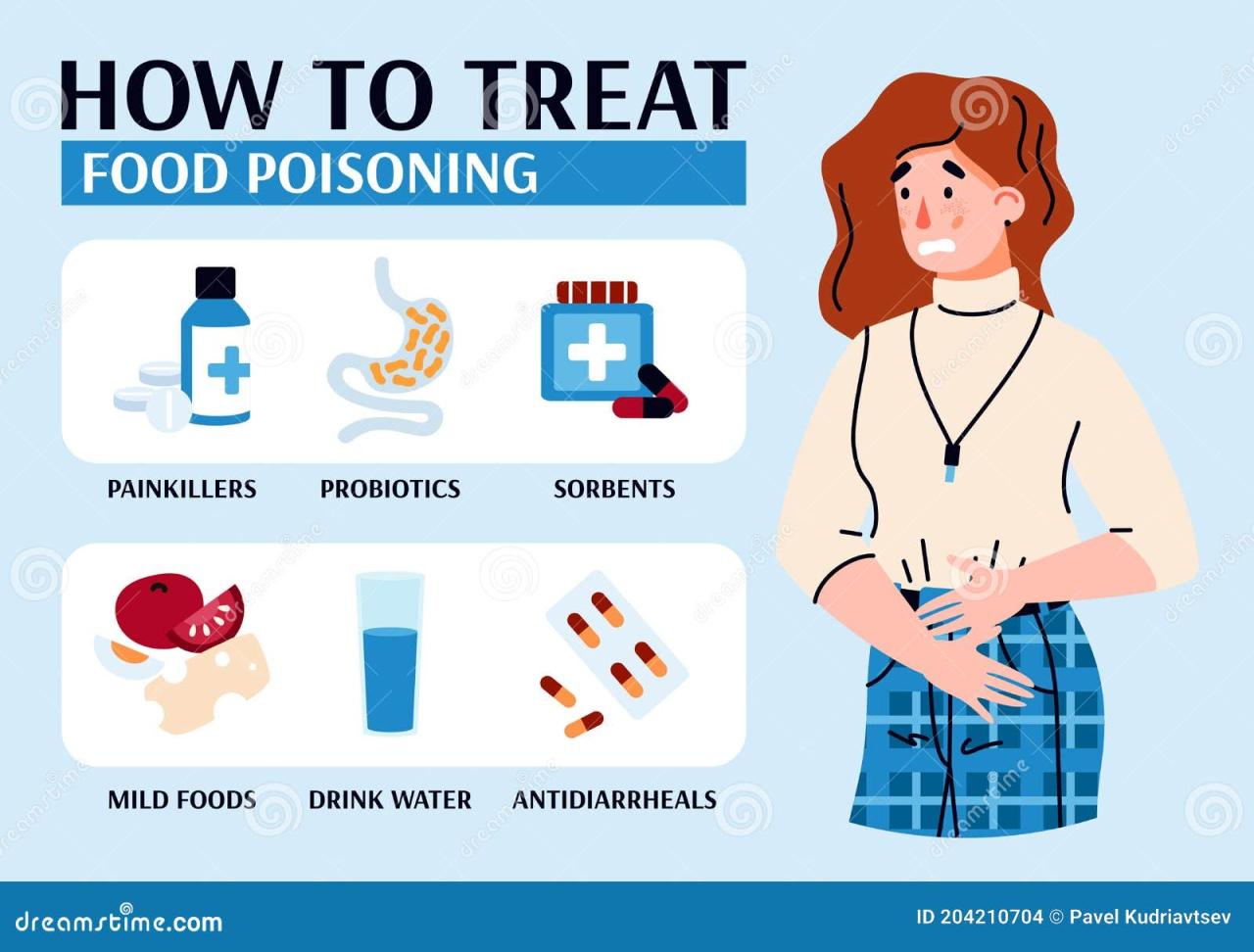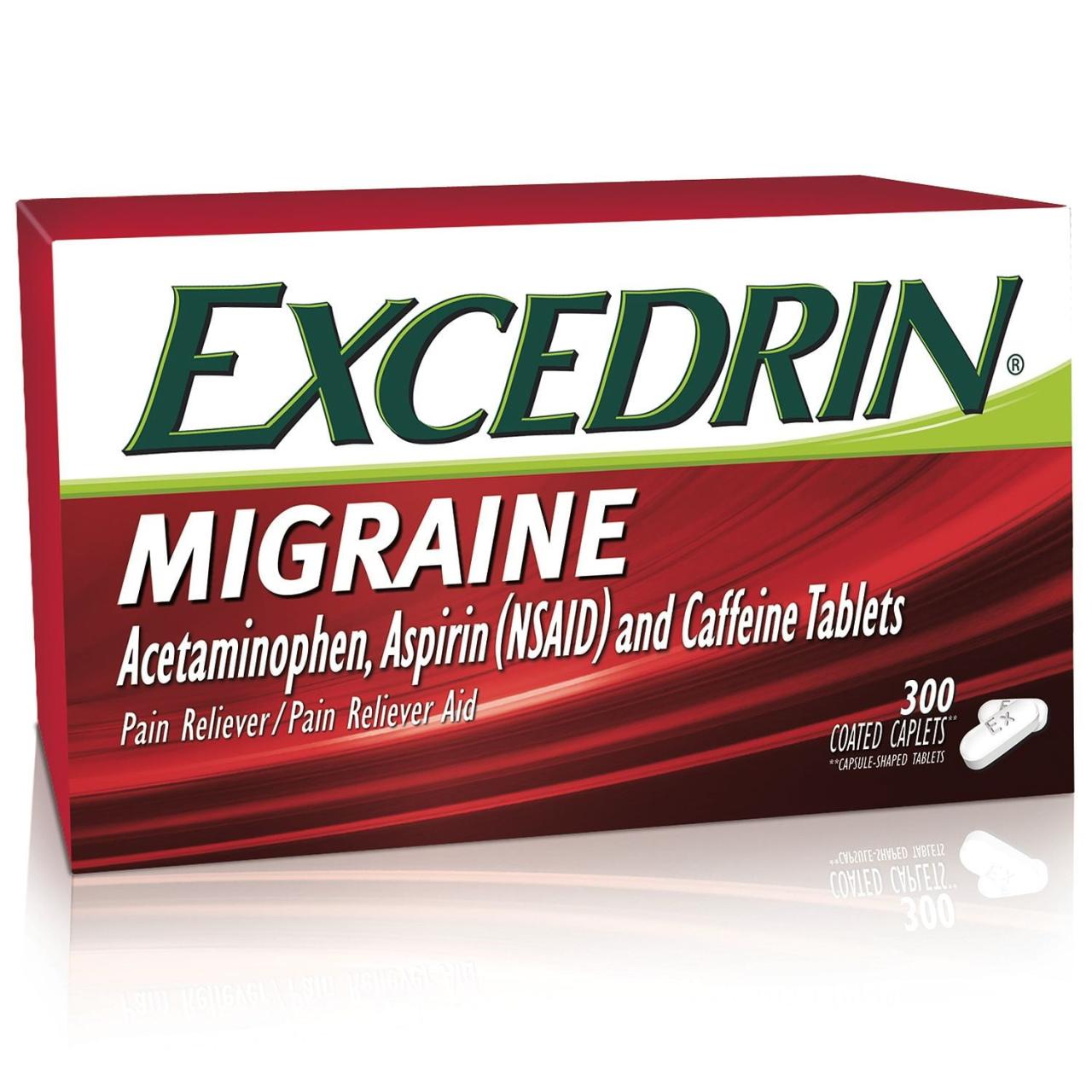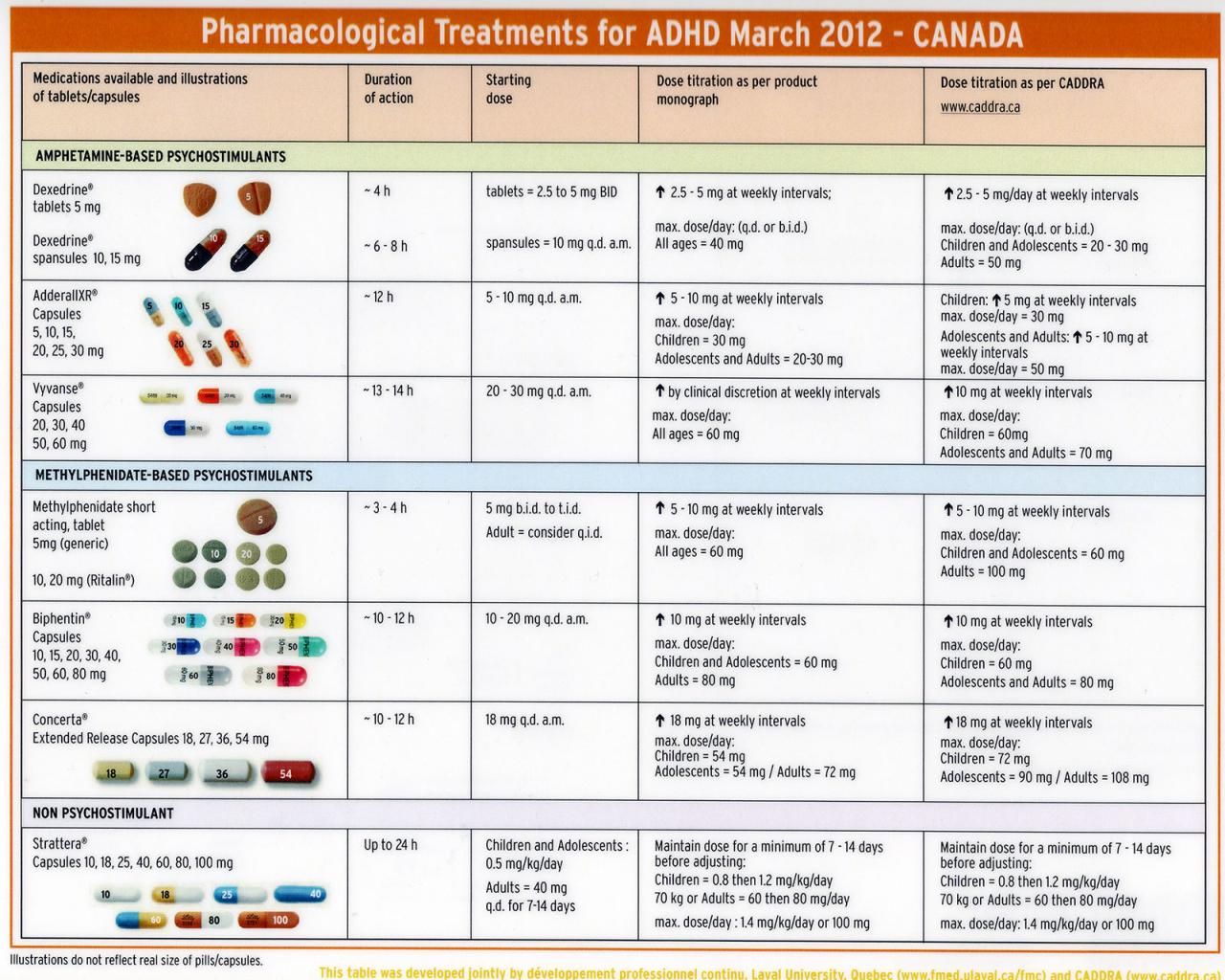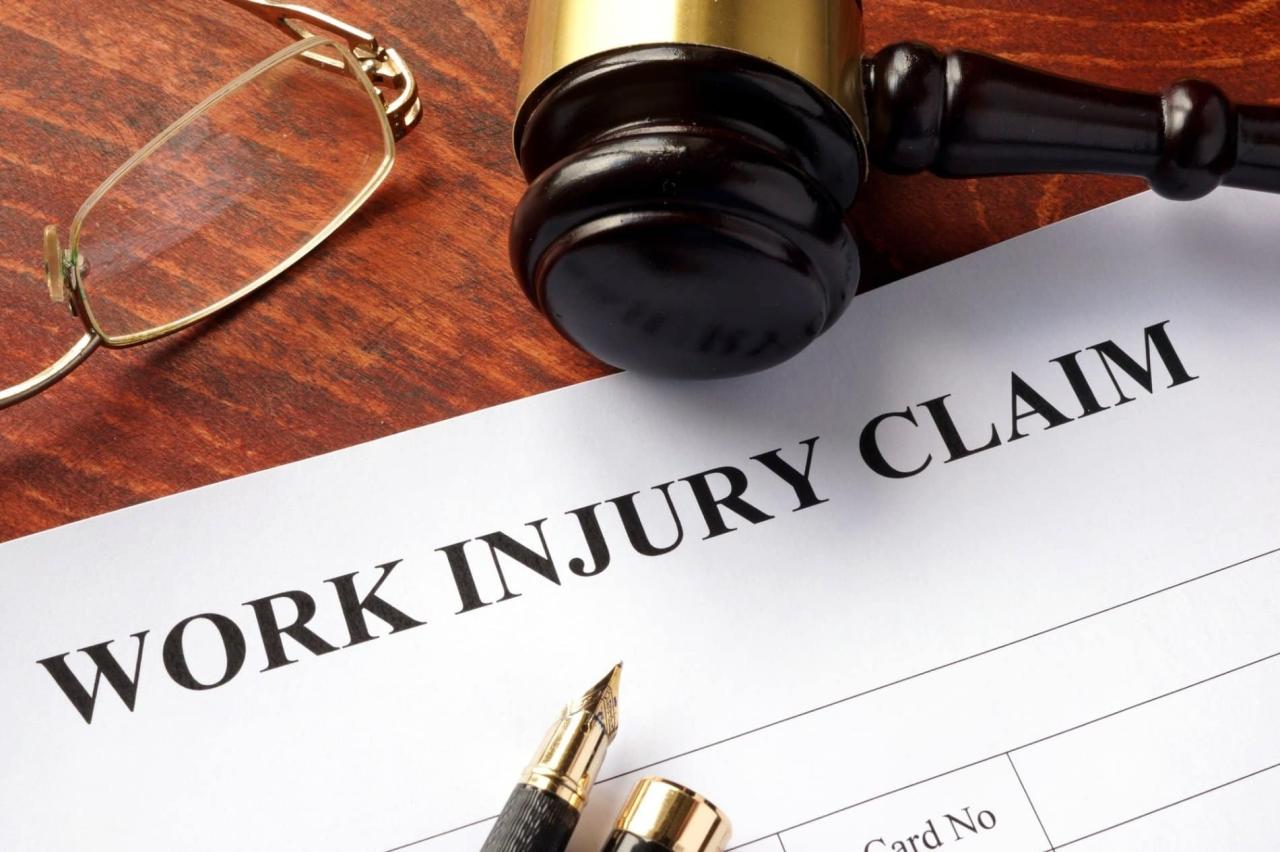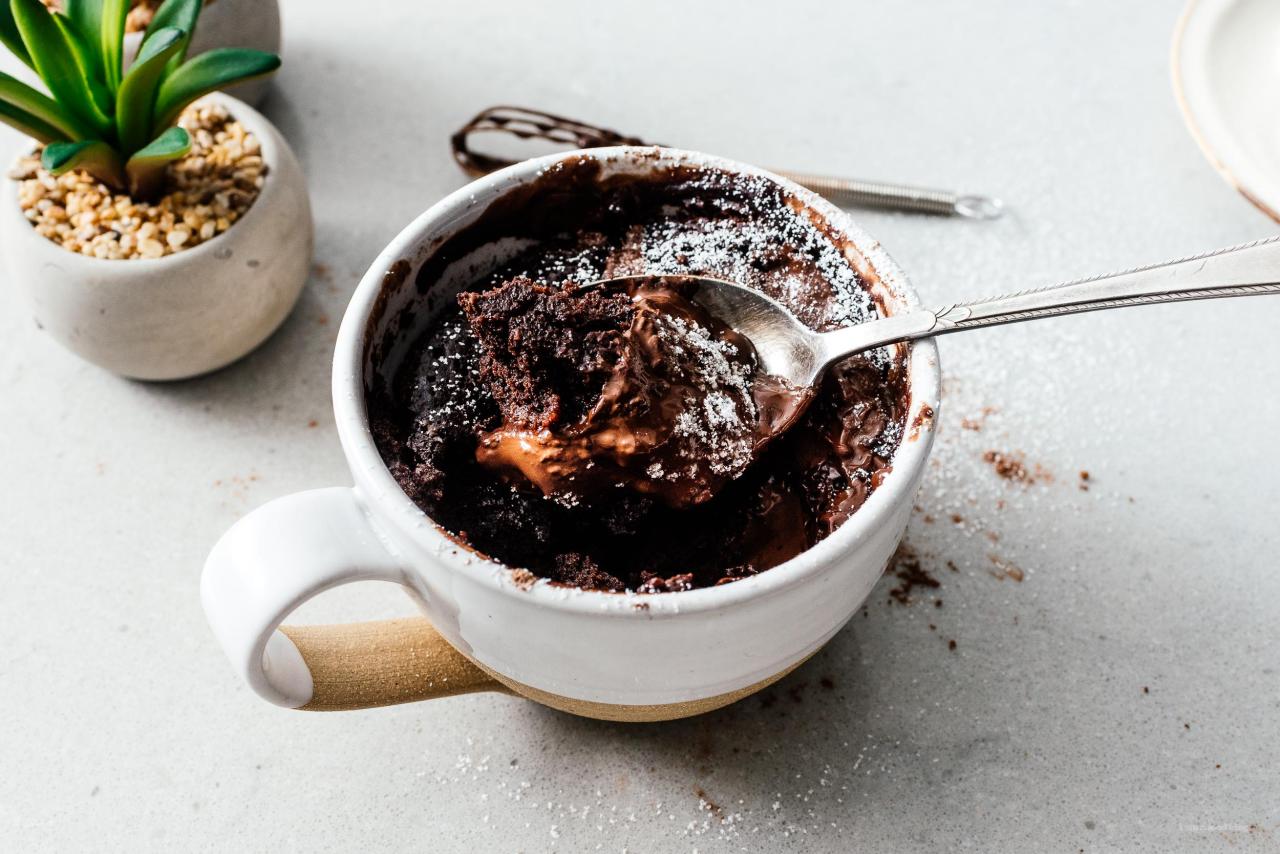Hemorrhoids medication plays a crucial role in alleviating the discomfort and managing the condition. Hemorrhoids, also known as piles, are swollen veins in the rectum and anus, often causing pain, itching, and bleeding. Understanding the various types of medications available, their mechanisms of action, and potential side effects is essential for making informed decisions about treatment.
Whether you’re seeking over-the-counter remedies or exploring prescription options, this guide provides a comprehensive overview of hemorrhoid medications, including their effectiveness, potential risks, and lifestyle modifications that can complement treatment.
Hemorrhoid Medication Overview
Hemorrhoids are swollen veins in the rectum and anus that can cause pain, itching, and bleeding. They are a common condition, affecting about half of adults at some point in their lives. Hemorrhoids can be either internal or external. Internal hemorrhoids are located inside the rectum, while external hemorrhoids are located under the skin around the anus.
There are a variety of medications available to treat hemorrhoids, both over-the-counter (OTC) and prescription. These medications work by reducing inflammation, pain, and itching, and by helping to shrink the hemorrhoids.
If you’re dealing with high blood pressure, it’s important to understand the role of blood pressure medications in managing your condition. These medications can help lower your blood pressure and reduce your risk of heart attacks, strokes, and other health problems.
It’s crucial to work closely with your doctor to find the right medication and dosage for you, as well as to monitor your progress and make adjustments as needed.
Types of Hemorrhoid Medications
Hemorrhoid medications are available in a variety of forms, including creams, ointments, suppositories, and pads. The type of medication you need will depend on the severity of your hemorrhoids and your individual needs.
- Over-the-counter (OTC) medicationsare available without a prescription and can be purchased at most drugstores and supermarkets. OTC hemorrhoid medications typically contain ingredients such as hydrocortisone, witch hazel, and lidocaine.
- Prescription medicationsare available only with a doctor’s prescription. These medications are typically stronger than OTC medications and may contain ingredients such as corticosteroids, vasoconstrictors, and analgesics.
Active Ingredients in Hemorrhoid Medications
The active ingredients in hemorrhoid medications work in different ways to relieve symptoms.
- Corticosteroids, such as hydrocortisone, reduce inflammation and itching.
- Vasoconstrictors, such as phenylephrine, constrict blood vessels, which can help to reduce swelling and pain.
- Anesthetics, such as lidocaine, numb the area, which can provide pain relief.
- Witch hazel, a natural astringent, can help to soothe the area and reduce inflammation.
Hemorrhoid Medication Brands
There are many different brands of hemorrhoid medications available. Some of the most popular brands include:
- Preparation H: This brand offers a variety of products, including creams, ointments, and wipes, that contain hydrocortisone, phenylephrine, and lidocaine.
- Tucks: This brand offers pads and wipes that contain witch hazel.
- Anusol: This brand offers a variety of products, including creams, ointments, and suppositories, that contain hydrocortisone, lidocaine, and bismuth subgallate.
- Procto-Glyvenol: This brand offers a cream that contains lidocaine and tribenoside, a drug that helps to reduce inflammation and pain.
Treatment Options for Hemorrhoids: Hemorrhoids Medication
Treatment for hemorrhoids depends on the severity of your symptoms. Some people can manage their hemorrhoids with home remedies, while others may need medication or surgery.
Medication
Hemorrhoid medications are available in a variety of forms, including creams, ointments, suppositories, and pads. These medications work by reducing inflammation, pain, and itching, and by helping to shrink the hemorrhoids.
- Over-the-counter (OTC) medicationsare available without a prescription and can be purchased at most drugstores and supermarkets. OTC hemorrhoid medications typically contain ingredients such as hydrocortisone, witch hazel, and lidocaine.
- Prescription medicationsare available only with a doctor’s prescription. These medications are typically stronger than OTC medications and may contain ingredients such as corticosteroids, vasoconstrictors, and analgesics.
Lifestyle Changes
Making lifestyle changes can help to prevent and manage hemorrhoids. These changes include:
- Eating a high-fiber diet: This can help to soften stools and make them easier to pass. Good sources of fiber include fruits, vegetables, and whole grains.
- Drinking plenty of fluids: This can also help to soften stools.
- Exercising regularly: This can help to improve blood circulation and prevent constipation.
- Avoiding straining during bowel movements: This can put extra pressure on the veins in the rectum and anus, which can worsen hemorrhoids.
Surgical Procedures
In some cases, surgery may be necessary to treat hemorrhoids. Surgical procedures include:
- Rubber band ligation: This procedure involves placing a rubber band around the base of the hemorrhoid to cut off its blood supply. The hemorrhoid then shrinks and falls off.
- Sclerotherapy: This procedure involves injecting a solution into the hemorrhoid to shrink it.
- Hemorrhoidectomy: This procedure involves surgically removing the hemorrhoid.
Side Effects and Risks of Hemorrhoid Medications, Hemorrhoids medication
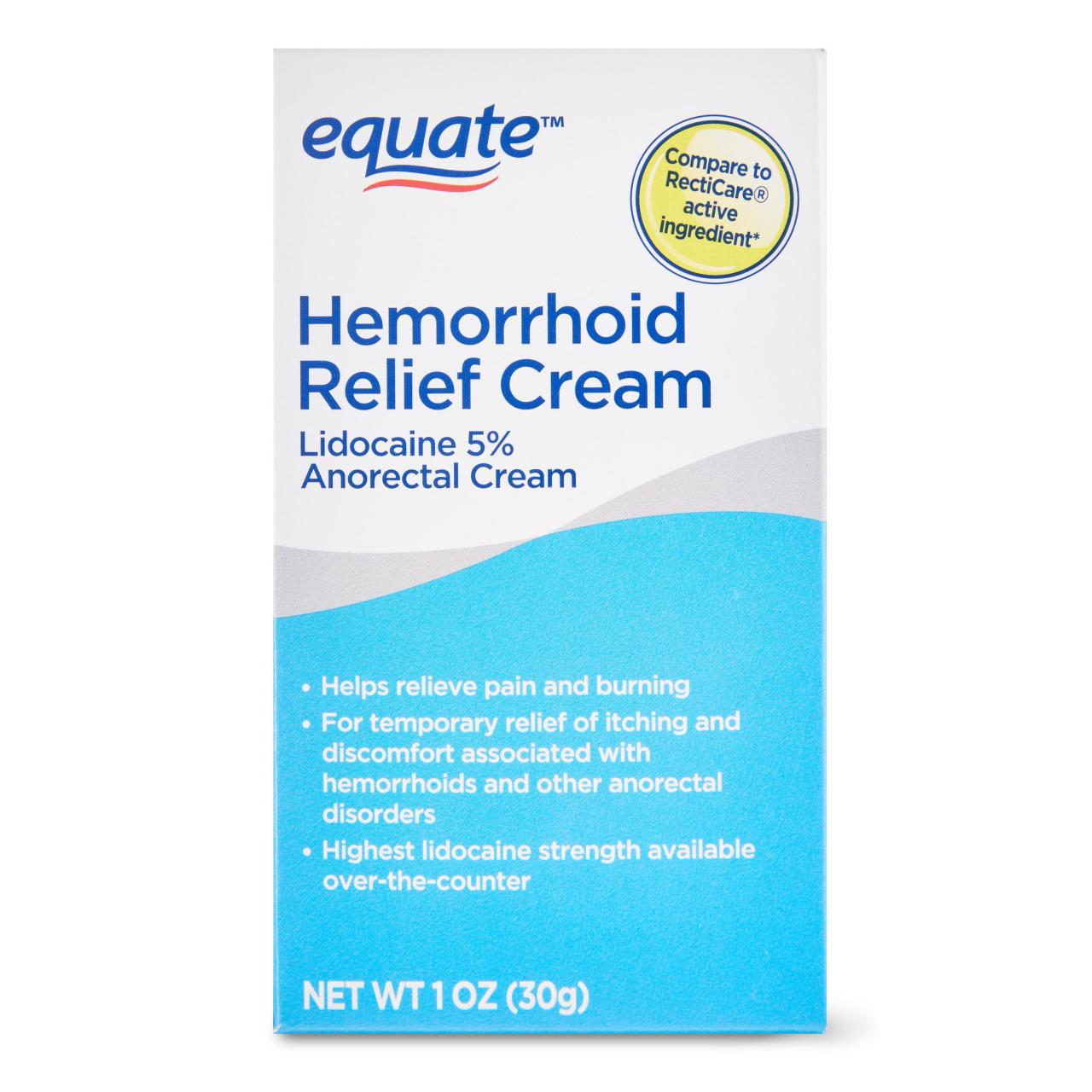
Hemorrhoid medications are generally safe, but they can cause side effects. Common side effects include:
- Burning
- Itching
- Irritation
Some people may experience more serious side effects, such as:
- Allergic reactions
- Skin thinning
- Increased risk of infection
It is important to talk to your doctor about the risks and benefits of hemorrhoid medications before using them.
Lifestyle Modifications for Hemorrhoid Management
Making lifestyle changes can help to prevent and manage hemorrhoids. These changes include:
Dietary Changes
Eating a high-fiber diet can help to soften stools and make them easier to pass. Good sources of fiber include fruits, vegetables, and whole grains. Aim for 25-30 grams of fiber per day.
Here are some tips for incorporating fiber-rich foods into your diet:
- Start slowly: If you are not used to eating a lot of fiber, start by gradually increasing your intake. This will help to prevent gas and bloating.
- Choose whole grains over refined grains: Whole grains are a good source of fiber. Look for bread, pasta, and cereal made with whole grains.
- Eat plenty of fruits and vegetables: Fruits and vegetables are naturally high in fiber. Aim to eat at least five servings of fruits and vegetables per day.
- Add flaxseed or chia seeds to your diet: These seeds are a good source of fiber and omega-3 fatty acids. You can add them to smoothies, yogurt, or oatmeal.
It is also important to avoid constipation, which can put extra pressure on the veins in the rectum and anus, which can worsen hemorrhoids.
Exercise
Regular exercise can help to improve blood circulation and prevent constipation. Aim for at least 30 minutes of moderate-intensity exercise most days of the week.
Here are some examples of moderate-intensity exercise:
- Brisk walking
- Swimming
- Cycling
- Dancing
Hydration
Drinking plenty of fluids can also help to soften stools. Aim to drink eight glasses of water per day.
High blood pressure can be a serious health concern, but there are many effective treatments available. If you’re diagnosed with hypertension, your doctor may recommend blood pressure medications to help manage your condition. These medications can help lower your blood pressure and reduce your risk of heart disease, stroke, and other complications.
Here are some tips for staying hydrated:
- Carry a water bottle with youand sip on it throughout the day.
- Drink water before, during, and after exercise.
- Choose water over sugary drinks, such as soda and juice.
When to Seek Medical Advice
If you have hemorrhoids, it is important to see a doctor if your symptoms are severe or if they do not improve with home treatment.
Here are some signs and symptoms that indicate the need for medical attention:
- Severe pain
- Bleeding that is heavy or does not stop
- A lump that is protruding from the anus
- Fever
- Pain that does not go away with over-the-counter medications
Untreated hemorrhoids can lead to complications, such as:
- Anemia(from blood loss)
- Infection
- Strangulated hemorrhoid(a hemorrhoid that has been cut off from its blood supply)
If you are experiencing any of these symptoms, see a doctor right away.
Hemorrhoid Prevention
There are a number of things you can do to prevent hemorrhoids, including:
Maintain a Healthy Lifestyle
Making lifestyle changes can help to prevent and manage hemorrhoids. These changes include:
- Eating a high-fiber diet: This can help to soften stools and make them easier to pass. Good sources of fiber include fruits, vegetables, and whole grains.
- Drinking plenty of fluids: This can also help to soften stools.
- Exercising regularly: This can help to improve blood circulation and prevent constipation.
- Avoiding straining during bowel movements: This can put extra pressure on the veins in the rectum and anus, which can worsen hemorrhoids.
Reduce Risk Factors
There are a number of risk factors for hemorrhoids, including:
- Pregnancy
- Obesity
- Chronic constipation
- Prolonged sitting or standing
- Low-fiber diet
By reducing these risk factors, you can help to prevent hemorrhoids.
Tips for Pregnant Women
Pregnant women are at increased risk for hemorrhoids due to hormonal changes and the pressure of the growing fetus on the veins in the rectum and anus. Here are some tips for preventing hemorrhoids during pregnancy:
- Eat a high-fiber diet: This can help to soften stools and make them easier to pass.
- Drink plenty of fluids: This can also help to soften stools.
- Exercise regularly: This can help to improve blood circulation and prevent constipation.
- Avoid straining during bowel movements: This can put extra pressure on the veins in the rectum and anus, which can worsen hemorrhoids.
- Use a stool softener: This can help to make stools easier to pass.
Tips for Individuals with Chronic Constipation
Individuals with chronic constipation are at increased risk for hemorrhoids. Here are some tips for preventing hemorrhoids if you have chronic constipation:
- Eat a high-fiber diet: This can help to soften stools and make them easier to pass.
- Drink plenty of fluids: This can also help to soften stools.
- Exercise regularly: This can help to improve blood circulation and prevent constipation.
- Use a stool softener: This can help to make stools easier to pass.
- See a doctor: If you have chronic constipation, it is important to see a doctor to rule out any underlying medical conditions.
Ultimate Conclusion
Managing hemorrhoids often involves a combination of medication, lifestyle changes, and, in some cases, medical procedures. While medications can provide temporary relief and reduce symptoms, adopting healthy habits like a high-fiber diet, regular exercise, and staying hydrated can significantly contribute to long-term management.
Remember, if your symptoms persist or worsen, it’s crucial to consult a doctor for personalized advice and treatment.

